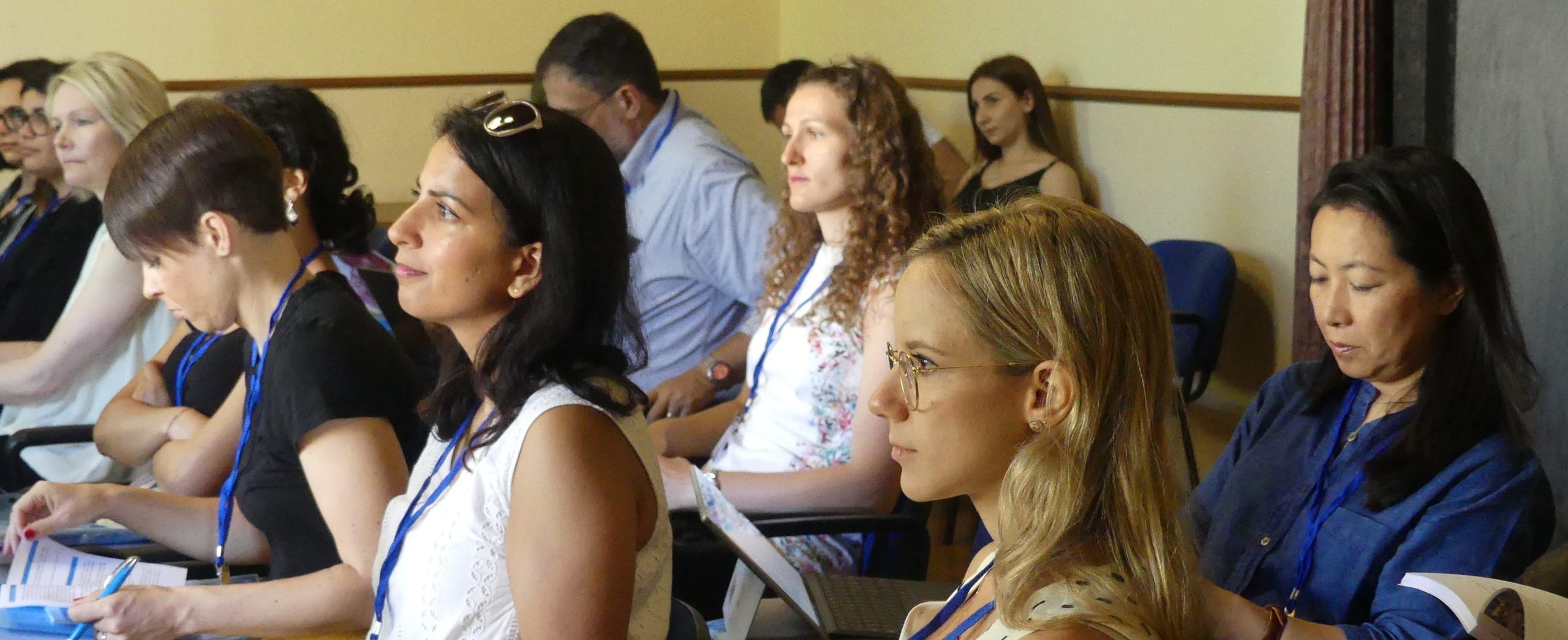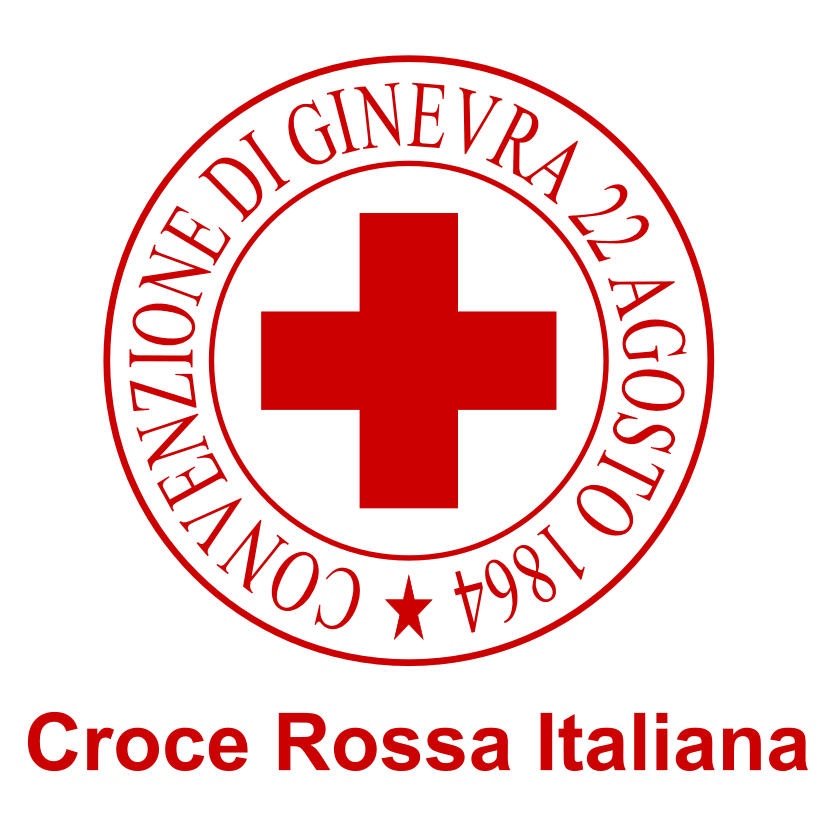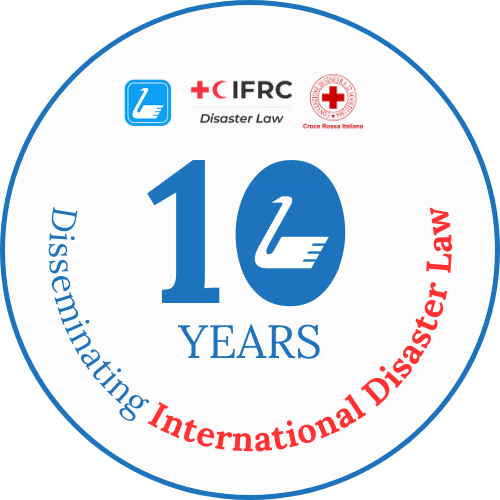3 – 30 October 2025, Hybrid (Online and Sanremo, Italy)
THEMATIC COURSES
10th International Disaster Law Course

Structure & Methodology
- Online foundation training: 3 – 17 October
Opening session + 6 thematic modules (3 per week), each including:- One live session (120min)
- One complementary self-paced session consisting of extra materials and
exercises
- Full course: 3-30 October.
Two-week online Foundation Training, 3-17 October + one-week Self-paced Module on EU Basics, 20-24 October + 4-day on-site Specialised Workshop on EU Disaster Law, 27-30 October*, including:- Thematic lectures
- Interactive exercises
- Group work on real-life scenarios
- Certificate awarding ceremony
*Participation to the on-site specialized workshop only may be granted upon request and after a careful evaluation of the application from the organizers.
Content
Learning objectives
- Gain a deeper understanding of the international legal framework and specifically to legal instruments applicable to disaster governance activities, recognizing its significance in preventing, managing, and responding to humanitarian emergencies;
- Enhance their awareness of the interaction between Disaster Law and Human Rights Law, Refugee Law, International Humanitarian Law;
- Obtain a comprehensive overview of the rules, general principles, and strategies in Disaster Risk Prevention, Response, and Management, also in light of their interaction with Climate Change Adaptation frameworks;
- Better understand the role of the different actors and organisations involved in disaster governance and relief operations, as well as their interplay in crisis areas, with particular reference to civil-military cooperation and the role of the International Federation of Red Cross and Red Crescent Societies, National Red Cross and Red Crescent Societies, and other relevant institutions;
- Develop a clear understanding of the coordination challenges in humanitarian response and the importance of the cluster approach against specific types of disasters.
- Learn how disasters are addressed at the European level, focusing on the complementarity of international and EU provisions;
- Expand participants’ knowledge of the main EU internal strategies, policies, and standards in Disaster Risk Reduction, Prevention, Preparedness, Response, and Management;
- Develop a deep understanding of how the EU operates internationally, particularly in humanitarian cooperation and aid;
- Practice implementing international and EU rules and principles through real-life scenarios and case studies to be addressed both individually and in working groups;
- Train in an international, neutral environment that promotes cooperation and the exchange of experiences among professionals from various institutions, backgrounds, sectors (public and private), and countries.
Faculty
Target audience
- Full Hybrid Course: 1.400,00€
Includes both the online, self-paced, and on-site sections of the course*, access to the eLearning platform of IIHL, collective transfer from/to the Nice (France) airport, course materials, lunches and coffee breaks during the on-site section, reception drink, farewell dinner, and course certificate.
*Participation in the on-site specialized workshop may be granted upon request and after a careful evaluation of the application by the organizers, subject to a specific fee.
- Online foundation training only: 600,00€
Includes access to the eLearning platform of IIHL, two weeks of online course, and related materials.
- The staff of the Italian Red Cross and the IFRC
- Employees of national Red Cross and Red Crescent societies
- “Early birds”
- Italian Red Cross and IFRC: The staff of the Italian Red Cross and the IFRC are entitled to a special reduction of the fee. Please refer to the administrative contact for more information in this regard.
- Red Cross and Red Crescent Societies: Employees of national Red Cross and Red Crescent societies are entitled to a 15% discount on the fee, whether for the online course only, the on-site workshop only, or the full hybrid course.
This discount cannot be combined with other offers. - “Early birds” offer: Applicants who submit their application for the course by 30 June 2025 are entitled to a 20% discount on the fee, whether for the online course only, the on-site workshop only, or the full hybrid course.
This discount cannot be combined with other offers.


